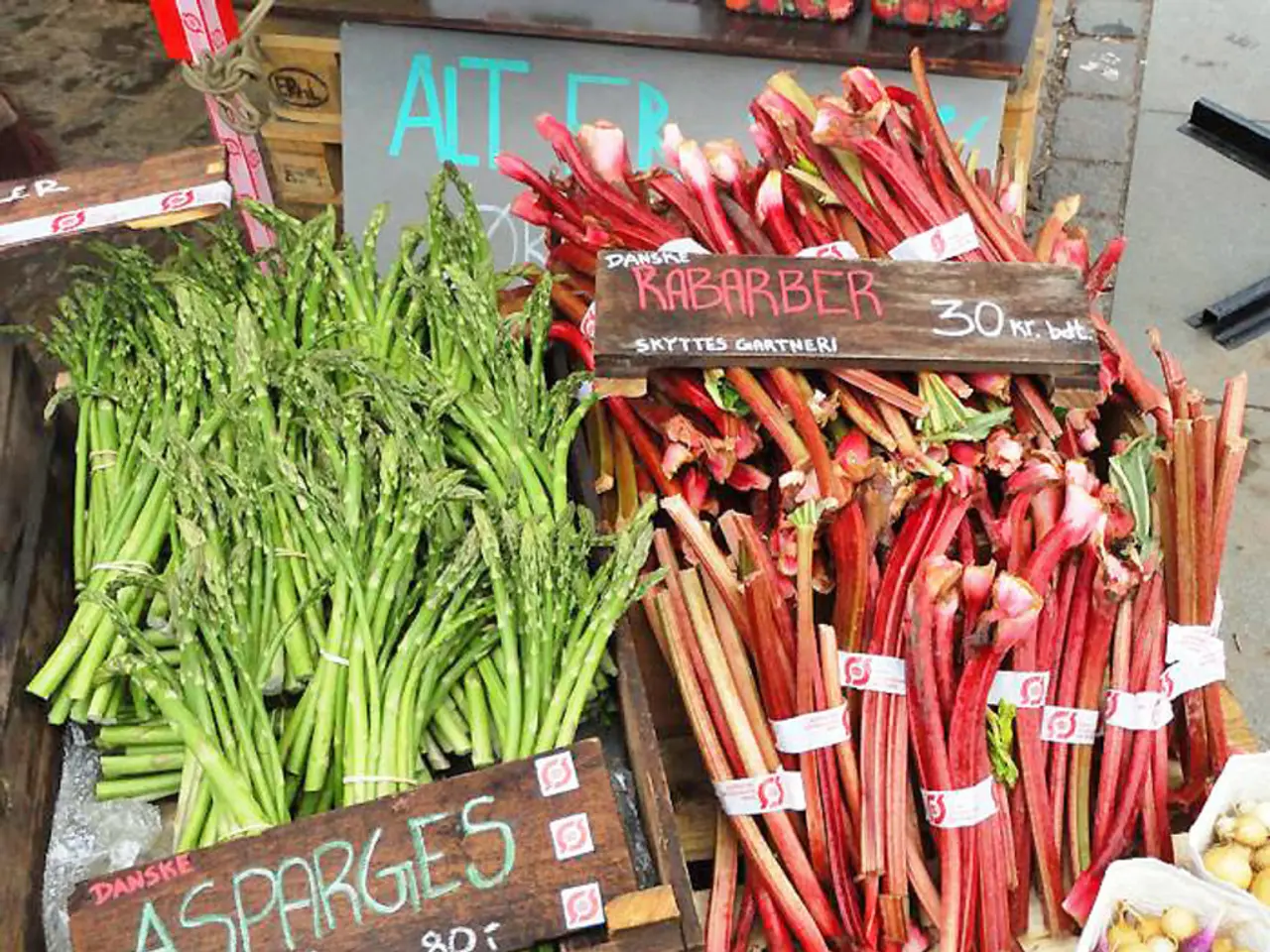Garden Accessories with an Environmental Focus for Your Outdoor Spaces
Gardening enthusiasts are increasingly turning to eco-friendly tools and accessories to promote soil health and sustainability. Here's why these tools are making a difference.
The Advantages of Eco-Friendly Garden Tools
Using eco-friendly garden tools offers several benefits that contribute to a healthier garden ecosystem.
Chemical-Free Maintenance
Tools like the stirrup hoe help minimize soil disturbance, preserving soil structure and promoting a healthier garden ecosystem by avoiding chemical herbicides. This allows for a more balanced ecosystem and healthier microbial activity.
Sustainable Materials
Eco-friendly tools often use renewable materials, such as bamboo or recycled plastic, reducing reliance on non-renewable resources and minimizing waste. This is a crucial step towards a more sustainable future.
Energy Efficiency
Battery-powered or manual tools produce zero emissions, reducing carbon footprints and creating a cleaner environment for gardening. This contributes to a greener planet, one tool at a time.
Long-Term Cost Savings
Durable eco-friendly tools can be cost-effective in the long run, reducing the need for frequent replacements and chemical treatments. This is not only good for the environment but also for the gardener's wallet.
Promoting Soil Health
Minimized Soil Disturbance
Tools like stirrup hoes cut weeds at the surface, reducing soil compaction and preserving its structure. This helps maintain soil health, supporting plant growth and root development.
Reduced Chemical Use
Avoiding chemical herbicides reduces soil contamination, allowing for a more balanced ecosystem and healthier microbial activity. This leads to improved nutrient cycling and soil fertility.
Improved Nutrient Cycling
Using organic materials in gardening, such as compost, can enhance nutrient cycling and soil fertility. This natural approach promotes a healthier garden and reduces the need for synthetic fertilisers.
Enhanced Soil Structure
Mulching and using eco-friendly tools can help regulate soil temperature and retain moisture, supporting beneficial microbial activity and root growth. This promotes a thriving garden ecosystem.
A Sustainable Lifestyle Choice
By choosing eco-friendly garden tools, individuals are not only promoting a healthier garden but also aligning with a sustainable lifestyle. This can involve using natural mulch (shredded leaves or straw), compostable plant pots, and biodegradable seed starting trays.
When selecting sustainable garden equipment, the focus is on items that are durable, made from recycled or natural materials, and repairable. The individual also looks for multi-use tools to save space and reduce the number of tools needed.
Recycled garden tool accessories, such as recycled plastic watering cans, garden gloves made from recycled materials, and tool handles from recycled wood, play a crucial role in saving money, reducing waste, and being eco-friendly.
Making a Difference
Using eco-friendly garden tools significantly improves the garden's health, resulting in fewer pests and healthier soil. This is because a healthy garden ecosystem is less susceptible to pests and diseases.
The individual chooses eco-friendly garden tools because they align with their values and are made from sustainable materials. They avoid plastic tools as they break easily and can harm the environment.
When it comes to buying eco-friendly gardening tools, the individual often visits local shops to support local businesses and find eco-friendly options they can trust. They also check for certifications on organic or eco-friendly tools to ensure they're made with sustainable practices.
The individual starts building their collection of eco-friendly gardening tools with essential tools like a trowel, pruners, and a hand rake. They are committed to making a difference, one tool at a time.
- A sustainable living choice can be made by adopting eco-friendly tools for home-and-garden, such as utilizing natural mulch or compostable plant pots, which promotes a more sustainable future and a healthy garden ecosystem.
- Sustainable-living proponents can create a healthier and more resilient garden by using eco-friendly garden tools made from renewable materials, like bamboo or recycled plastic, and focusing on long-term cost savings due to their durability and reduced need for chemical treatments.




